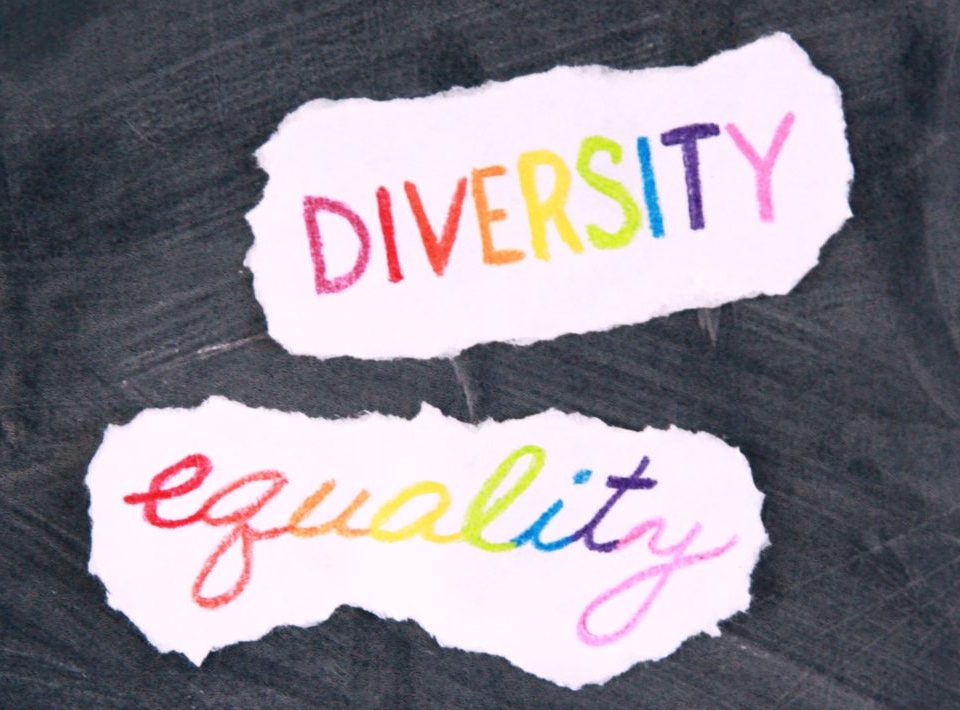
Our Blog
Check out our latest posts on all things neurodiversity, and share if you like them!
- All
- ADHD
- adults
- Advice and Support
- Albert Einstein
- anxiety
- art
- Asperger syndrome
- assistive technology
- Autism
- books
- business
- celebrities
- childhood
- children
- Coronavirus
- Covid-19
- crossover
- differences
- disability
- dyscalculia
- dyslexia
- dyspraxia
- early signs
- education
- Einstein
- emotions
- employment
- famous people
- Features
- genetics
- gifts
- hacks
- interview
- jobs
- medication
- memes
- memes.
- Men
- Mental health
- myths
- Neurodivergence
- neurodiversity
- News
- Non-Verbal Autism
- presents
- recruitment
- relationships
- Reviews
- self care
- signs
- test
- testing
- tests
- tips
- Tourette’s Syndrome
- Uncategorized
- women
February 23, 2024
Featured Image by Valeria November, Pexels This article will discuss the definitions of dyspraxia and apraxia, the main difference between them, and several aspects such as […]
February 21, 2024
Featured Image by MART PRODUCTION, Pexels Fostering an inclusive and supportive environment in the workplace is crucial for the mental well-being of employees. One often overlooked […]
February 19, 2024
Featured Image by juan mendez, Pexels Why can autism be diagnosed late in women? It’s concerning that a striking 80% of women remain undiagnosed with autism […]
February 5, 2024
Featured Image by Pavel Danilyuk, Pexels An inclusive onboarding experience is essential in putting new neurodiverse employees at ease and setting them up for the best […]
April 3, 2023
Featured Image by fauxels, Pexels Diversity and inclusion are two terms that received an increased amount of attention in the last years, especially in the organisational […]
March 31, 2023
Featured Image by Alexander Grey, Pexels Dyscalculia and dyslexia are specific learning difficulties, affecting reading/writing (dyslexia) or mathematics (dyscalculia). About 5% and 10% of the UK […]
March 17, 2023
Featured Image by Stanislav Kondratiev, Pexels Dyscalculia is a specific mathematics learning difference. Statistics indicate approximately 5% of the UK population have dyscalculia. This article will […]
March 13, 2023
Featured Image by Sharon McCutcheon, Pexels.com Neurodiversity is a spectrum of conditions that primarily affect how people see and do things. People who have the conditions […]








